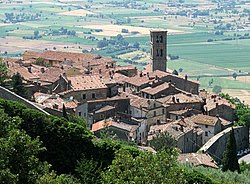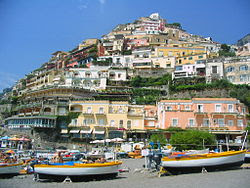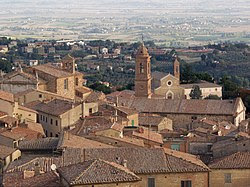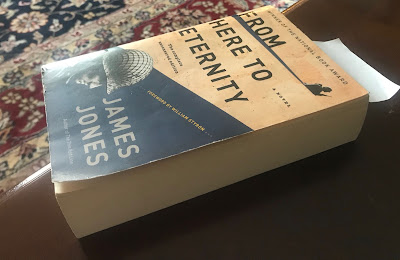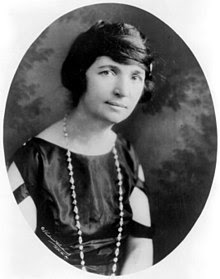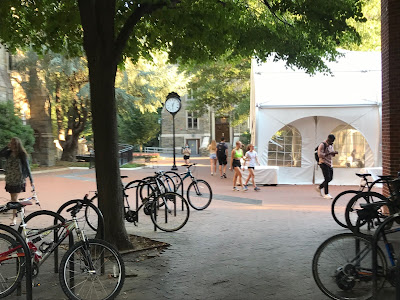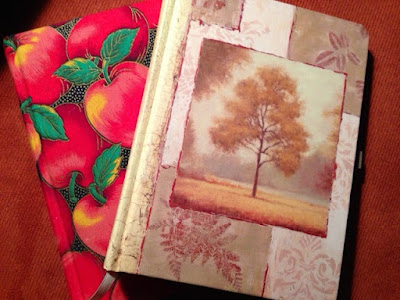Viva Italia!
Like many people these days I find myself relying on streaming entertainment more heavily than I would like. This has become a winter-time occupation, slowly supplanting my race to watch Oscar-bound films in theaters since so many of them are available online.
As we enter our third year of pandemic-enforced staying-put, I’m gravitating toward films that feature faraway climes. Films like “Under the Tuscan Sun.” I read this book years ago, even own a copy of it. I happened upon the movie a couple days ago, looking for something to watch while exercising in the basement.
What a vision! I don’t mean the sexy Italian guys … I mean the gorgeous Tuscan countryside. There is the walled city of Cortona, the Amalfi Coast marvel of Positano. There are the tall, skinny Italian Cyprus trees, the olive groves, fountains and love of life that flourish in this sunny land.
Oh, I know there are gray days in Italy, too. It’s not the garden of eden. But right now it looks like it to me.
Photos: courtesy Wikipedia, alas I have no recent Italy photos of my own
